The phenomenon of
ringing ears or tinnitus is a common experience for many people. In Javanese tradition, this symptom is often linked to various signs or premonitions based on the time it occurs. This article will delve deeply into
ringing ears according to Javanese primbon, as well as providing scientific explanations and ways to address it.
1. Understanding Tinnitus
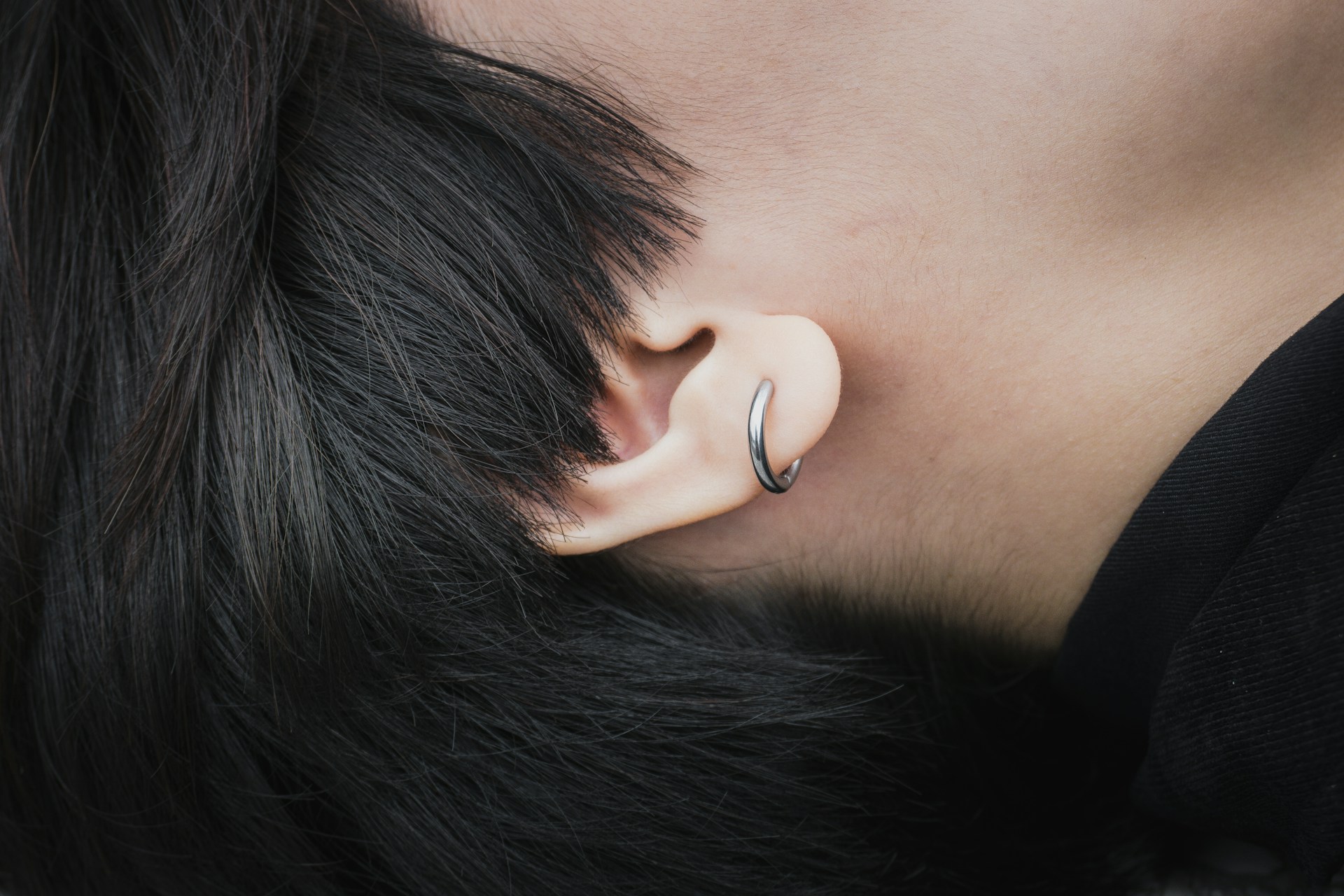
Tinnitus (credit: unsplash)
Tinnitus, or in medical terms referred to as tinnitus, is the sensation of hearing sounds without any real external sound source. The sounds perceived can be buzzing, hissing, roaring, or other noises. This phenomenon is quite commonly experienced by about 15-20% of the world's population.
In the context of Javanese primbon, tinnitus is believed to be a sign or omen of an event about to occur. The meaning contained can vary depending on the time it occurs and which ear is experiencing the ringing.
Although the interpretation of primbon is interesting from a cultural perspective, it is important to understand that medically, tinnitus is a symptom that can be caused by various health factors. Understanding the causes and ways to address tinnitus from a scientific perspective is crucial for maintaining hearing health.
2. Meaning of Tinnitus According to Javanese Primbon
Javanese Primbon has long been a guideline for some communities in interpreting various events, including tinnitus. Below is a complete interpretation of the meaning of tinnitus based on the time of occurrence according to Javanese primbon:
Morning (04.00-10.00)
- 04.00-05.00: You will receive a new job that is lawful and brings blessings.
- 05.00-06.00: A guest will arrive bringing goodness and positive messages.
- 06.00-07.00: You will receive a guest with good intentions, give a warm welcome.
- 07.00-08.00: A sign that you will undertake a long journey, prepare yourself thoroughly.
- 08.00-09.00: A relative will arrive bringing happiness.
- 09.00-10.00: A sign that you will achieve success and luck in your activities.
Afternoon (10.00-15.00)
- 10.00-11.00: You will be safe on an upcoming journey.
- 11.00-12.00: Possible arrival of family from afar.
- 12.00-13.00: Be cautious of potential health disturbances.
- 13.00-14.00: You may lose contact with distant relatives.
- 14.00-15.00: You will receive an unexpected guest.
Evening (15.00-18.00)
- 15.00-16.00: You will undertake a long journey related to work or personal matters.
- 16.00-17.00: You will be visited by relatives.
- 17.00-18.00: A sign that you will gain significant profits in business or a promotion.
Night (18.00-04.00)
- 18.00-19.00: You will receive happiness and safety.
- 19.00-20.00: You may receive a declaration of love or affection from someone.
- 20.00-21.00: An important guest will arrive.
- 21.00-22.00: Possible invitation to a wedding from a close friend.
- 22.00-23.00: Be cautious of potential criminal acts.
- 23.00-24.00: You may face obstacles in resolving issues.
- 24.00-01.00: A sign that your aspirations will soon be fulfilled.
- 01.00-02.00: You will receive very pleasant news.
- 02.00-03.00: There may be disputes within the family.
- 03.00-04.00: You will face problems or matters that need to be resolved.
It is important to remember that these interpretations are part of traditional beliefs and do not have a scientific basis. However, for some Javanese people, primbon is still considered a guide in interpreting various events in life.
3. Scientific Explanation About Tinnitus
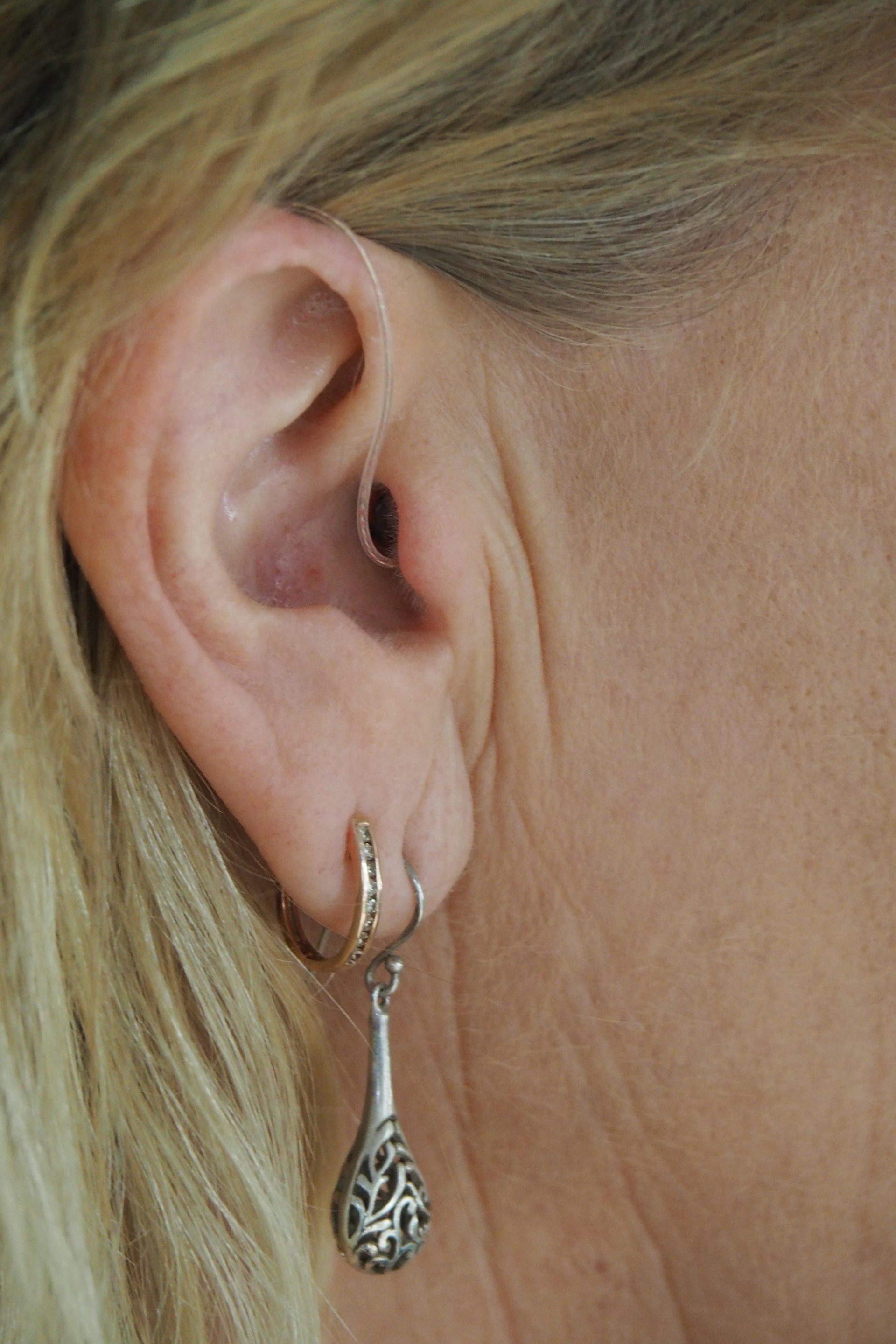
Tinnitus (credit: unsplash)
From a medical perspective, tinnitus can be caused by various factors. Some common causes include:
- Exposure to loud sounds for a long time
- Ageing and damage to hair cells in the inner ear
- Build-up of earwax or foreign objects in the ear canal
- Ear or sinus infections
- Changes in pressure in the middle ear
- Circulatory disorders in the ear area
- Side effects from certain types of medications
- Head or neck injuries affecting the auditory nerve
- Certain medical conditions such as hypertension, diabetes, or tumors
It is important to note that tinnitus is often a symptom of an underlying health issue, not a standalone condition. Therefore, if you experience persistent tinnitus, it is advisable to consult a doctor to determine the exact cause.
4. Symptoms and Diagnosis of Tinnitus
The main symptom of tinnitus is the perception of sound without an external source. The sounds perceived can vary, including:
- Buzzing
- Ringing
- Hissing
- Pulsing
- Roaring
- Whistling
The intensity of the sound can also vary from mild to very disturbing. Some people may only experience it occasionally, while others may experience it continuously.
To diagnose tinnitus, doctors typically follow several steps:
- Medical history or interview to determine health history and symptoms experienced
- Physical examination of the ears, nose, and throat
- Hearing tests (audiometry) to measure hearing ability
- Imaging tests such as CT scans or MRIs if a structural problem is suspected
- Blood tests to check general health conditions
An accurate diagnosis is crucial to determine the appropriate management. If tinnitus is accompanied by other symptoms such as dizziness, nausea, or balance issues, consult a doctor immediately as it may be a sign of a more serious condition.
5. How to Manage Tinnitus
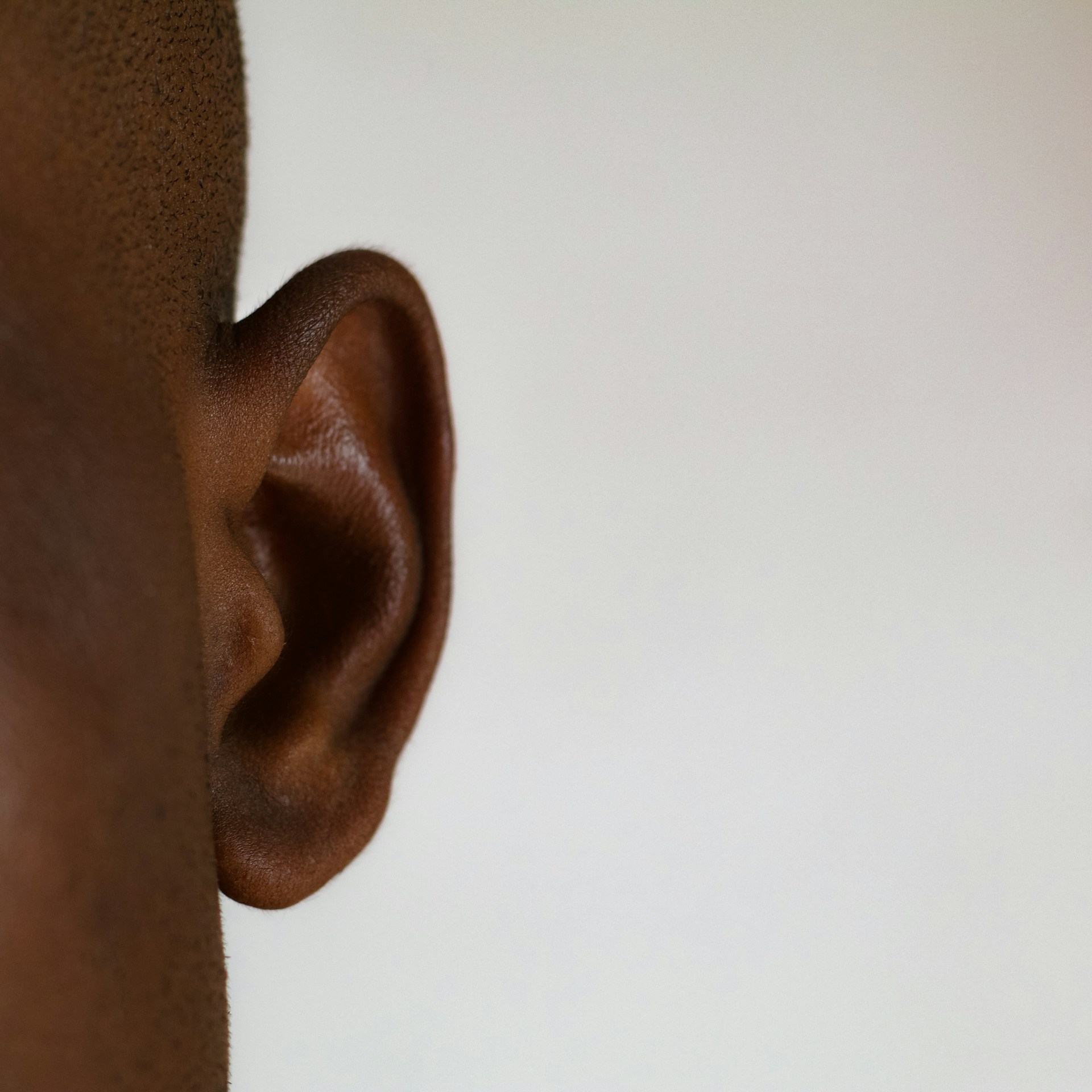
Tinnitus (credit: unsplash)
Although tinnitus is often difficult to cure completely, there are several ways to reduce its intensity or help you adapt to the condition:
- Sound therapy: Using background noise (white noise) or soft music to distract from the ringing.
- Cognitive Behavioral Therapy (CBT): Helps change the way you think and react to tinnitus.
- Hearing aids: If tinnitus is accompanied by hearing loss, hearing aids can help.
- Relaxation techniques: Meditation, yoga, or breathing exercises can reduce stress that often exacerbates tinnitus.
- Medications: In some cases, doctors may prescribe certain medications to alleviate symptoms.
- Avoiding triggers: Identify and avoid factors that worsen tinnitus, such as caffeine or alcohol.
- Low-level laser therapy: Some studies suggest potential benefits of this therapy for tinnitus.
- Acupuncture: Although scientific evidence is still limited, some people report benefits from acupuncture therapy.
It is important to remember that the effectiveness of treatments can vary between individuals. Consult with a healthcare professional to find the approach that best suits your condition.
6. Prevention of Tinnitus
Although not all cases of tinnitus can be prevented, there are several steps you can take to reduce the risk:
- Protect your ears from loud noises: Use ear protection when in noisy environments.
- Lower the volume: When listening to music with headphones, follow the 60/60 rule - no more than 60% of the maximum volume for no more than 60 minutes.
- Keep your ears clean: Avoid excessive use of cotton buds, let your ears clean themselves.
- Manage stress: Stress can worsen tinnitus, so learn stress management techniques.
- Maintain a healthy lifestyle: A balanced diet, regular exercise, and adequate sleep can help overall ear health.
- Avoid exposure to ototoxic chemicals: Some medications and chemicals can damage the inner ear.
- Control blood pressure: Hypertension can affect blood flow to the ears and trigger tinnitus.
By implementing these preventive measures, you can help maintain ear health and reduce the risk of experiencing tinnitus in the future.
7. Myths and Facts About Tinnitus
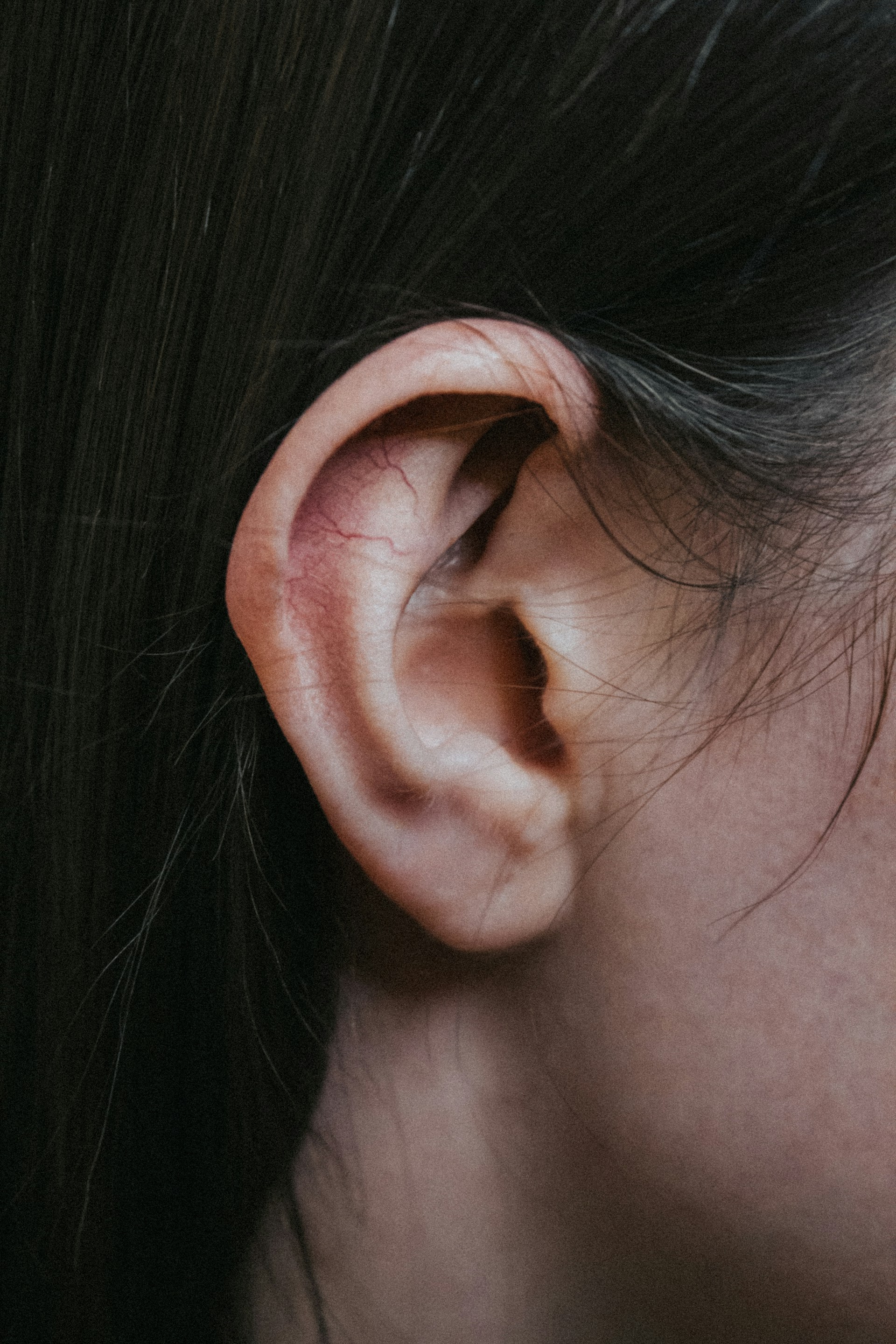
Tinnitus (credit: unsplash)
Many myths circulate regarding tinnitus. Let’s differentiate between myths and facts:
Myths:
- Tinnitus always indicates permanent hearing loss.
- There is nothing that can be done to address tinnitus.
- Tinnitus is only experienced by older adults.
- Consuming salt will cure tinnitus.
Facts:
- Tinnitus can occur without significant hearing loss.
- Although it is often not completely curable, there are many ways to manage and reduce the impact of tinnitus.
- Tinnitus can be experienced by people of all ages, including children and teenagers.
- There is no scientific evidence supporting the claim that salt can cure tinnitus.
It is important to always seek information from reliable sources and consult with health professionals rather than relying on myths or unproven treatments.
8. When Should You Consult a Doctor?
Although tinnitus is often not harmful, there are several situations where you should seek medical help immediately:
- If the tinnitus appears suddenly or after a head injury
- If accompanied by dizziness, nausea, or loss of balance
- If the tinnitus is accompanied by pain or discharge from the ear
- If the tinnitus significantly disrupts quality of life or causes depression
- If the tinnitus is accompanied by significant hearing loss
- If the tinnitus occurs only on one side and is persistent
- If the tinnitus pulsates in time with your heartbeat (pulsatile tinnitus)
An ENT (Ear, Nose, and Throat) specialist is the most appropriate healthcare professional to address tinnitus issues. They can conduct a thorough examination and recommend appropriate treatments.
9. Comparison of Primbon Beliefs and Medical Explanations

Ringing in the ears (credit: unsplash)
It is interesting to compare how the phenomenon of tinnitus is viewed from the perspective of Javanese primbon and modern medical science:
| Aspect | Javanese Primbon | Medical Explanation |
|---|
| Causes |
Signs or omens from nature |
Physical or neurological disturbances |
| Meaning |
Varies depending on the time and which ear is ringing |
Symptoms of certain health conditions |
| Management |
Often ignored or addressed with specific rituals |
Medical therapy or symptom management |
| Basis |
Traditional beliefs and empirical observations |
Scientific research and clinical evidence |
Although both have very different approaches, both primbon and medical science acknowledge that tinnitus is a phenomenon worth paying attention to. The main difference lies in the interpretation and the way it is handled.
10. Frequently Asked Questions About Tinnitus
Here are some frequently asked questions related to ringing in the ears:
1. Is tinnitus dangerous?
Generally not dangerous, but it can interfere with quality of life. If persistent or accompanied by other symptoms, it is advisable to see a doctor.
2. How long does tinnitus usually last?
It can last from a few seconds to permanently, depending on the cause.
3. Can stress trigger tinnitus?
Yes, stress can worsen or trigger tinnitus in some individuals.
4. Are there any foods that can help reduce tinnitus?
There is no strong evidence that specific foods can cure tinnitus, but a healthy diet can support overall ear health.
5. Can children experience tinnitus?
Yes, children can also experience tinnitus, although it is less common than in adults.
11. Conclusion
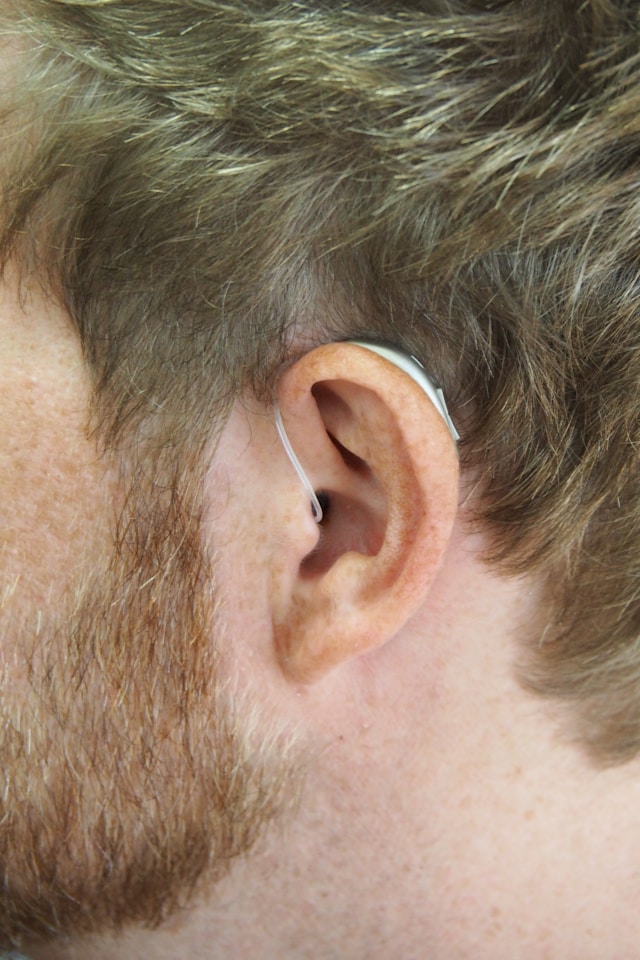
Tinnitus (credit: unsplash)
The phenomenon of ringing in the ears or tinnitus is a complex condition with various interpretations, both from cultural and scientific perspectives. From the Javanese primbon perspective, ringing in the ears is considered a sign or omen whose meaning varies depending on the time it occurs. Although this interpretation is interesting from a cultural standpoint, it is important to understand that there is no scientific basis supporting these claims.
From a medical standpoint, tinnitus is a symptom that can be caused by various factors, ranging from exposure to loud sounds to more serious health issues. Although it is often not harmful, tinnitus can significantly impact a person's quality of life, affecting sleep, concentration, and mental health.
Managing tinnitus requires a comprehensive approach, involving medical evaluation, sound therapy, and in some cases, psychological support. Developments in medical research continue to pave the way for more effective treatment methods in the future.
For those who experience persistent ringing in the ears, it is important to consult a healthcare professional for proper diagnosis and management. Meanwhile, understanding and appreciating cultural interpretations can provide an interesting perspective, but should not replace the necessary medical care.
(kpl/psp)
Disclaimer: This translation from Bahasa Indonesia to English has been generated by Artificial Intelligence.

















